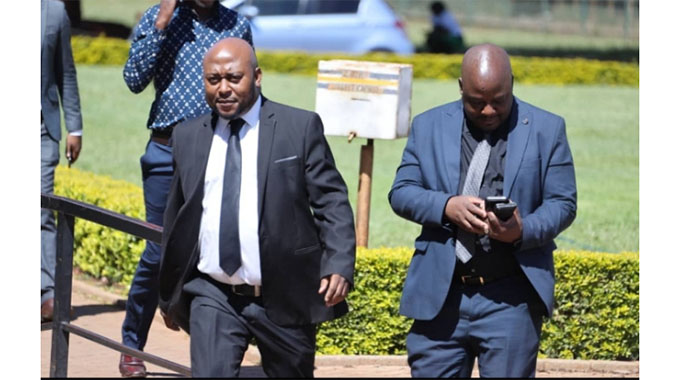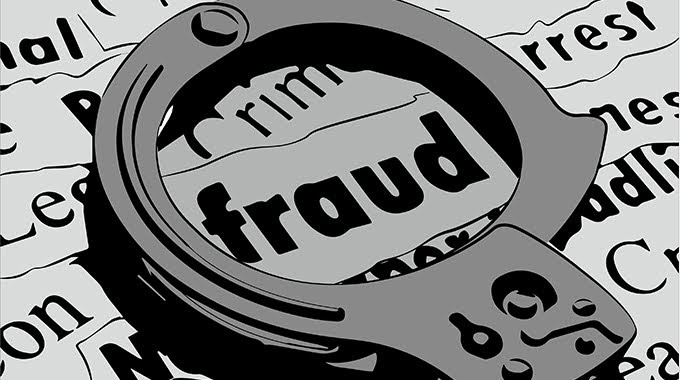Groups take demos bid to Supreme Court

Fidelis Munyoro Chief Court Reporter
OPPOSITION groups fighting the police ban on demonstrations have approached the Supreme Court contesting the High Court decision which upheld a proclamation to stop marches and protests in Harare Central Business District until October 15.The appeal follows Judge president George Chiweshe’s decision last week dismissing two urgent chamber applications seeking to invalidate proclamations by police to ban demonstrations in the city centre.
The opposition groups compromising the Zimbabwe Lawyers for Human Rights, Zimbabwe Divine Destiny, Democratic Assembly for Restoration and Empowerment, National Electoral Reform Agenda, Combined Harare Residents Association and Stendrick Zvorwadza (a political activist) filed the appeal on Friday.
Lead legal counsel in the matter, Mr Tendai Biti on Sunday confirmed that they had taken the matter up to the superior court citing several grounds of appeal.
“Yes, I can confirm that we filed the appeal to the Supreme Court on Friday,” said Mr Biti, without giving further details on the matter. Mr Douglas Mwonzora, the Nera secretary–general also confirmed the appeal was filed on Friday.
The applicants were seeking to have the High Court to set aside the Government Notice No. 239 (A) of 2016 by the Zimbabwe Republic Police (ZRP) Chief Superintendent Newbert Saunyama as it restricts the right to demonstrate as guaranteed in the Constitution of Zimbabwe.
Justice Chiweshe, also threw out an earlier provisional order issued by Justice Priscilla Chigumba in favour of the pressure groups after finding fault with parts of the draft final order. The nullified provisional order, invalidated the Statutory Instrument 101 (A) of 2016 that brought into effect the initial two-week ban on demonstrations in Harare’s Central Business District by the police in August.
The Judge President’s latest decision confirmed the validity of the police’s 30-day ban on demonstrations in Harare’s CBD, putting to rest contestations by pressure groups and political activists.
The pressure groups were seeking to invalidate Statutory Instrument 245 of 2016 banning demonstrations in the city between September 16 and October 15 this year for public order reasons.
They contended that the notice was unconstitutional and that it ought to be quashed.
In a comprehensive judgment that also took into account arguments by the pressure groups to have Justice Chigumba’s provisional order confirmed, the Judge President terminated his fellow judge’s temporary decision.
The JP ruled that the police acted lawfully and that Section 27 of the Public Order and Security Act (POSA) which brings limitations to the people’s right to demonstrate and petition was fair and justified.
“Taking all these factors and considerations into account, I am satisfied that based on a value judgment, the provisions of Section 27(1) of the Public Order and Security Act satisfy the requirements set out under Section 86(1) of the Constitution, namely that the limitation it imposes on the right to demonstrate as enshrined under Section 59 of the Constitution is fair, reasonable, necessary and justifiable in a democratic society based on openness, justice, human dignity, equality and freedom,” he said.
“Accordingly, I would hold, as I hereby do, that Section 27(1) of POSA is not ultra vires the Constitution. It meets the requirements of constitutional validity.”
In determining the fairness and reasonableness of the limitation imposed by POSA, the JP relied on value judgment. Discharging Justice Chigumba’s provisional order, Justice Chiweshe said he disagreed with various parts of the draft final order.
“Firstly, having now heard full arguments, I do not agree in principle with the import of paragraph (a), (b) and (c) of the draft final order,” he ruled. “My views on these issues have been canvassed in this judgment. Secondly, paragraph (a) seeks to saddle the first respondent personally with costs.” The Judge President’s ruling means no demonstrations shall be held in Harare’s CBD up to October 15 this year.









Comments